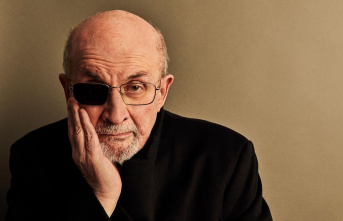Thought loops keep turning over and over again in the head. Could the separation have been avoidable? What mistakes have you made yourself and why did love fail? An endless cycle of analyzes begins in the lovesick phase. Psychologically, this condition is very stressful for those affected.
The population-representative study on the subject of lovesickness with 1724 singles, carried out by the dating portal ElitePartner, showed that there is no sex that breaks up more often. Apparently men and women draw the line equally often. During the survey, half had overcome lovesickness, a quarter were still suffering from it and the last quarter even said they had never had lovesickness in their life.
There are different variants when it comes to separations, either one leaves the other or one goes separate ways by mutual agreement. The study clearly reflected that fewer people suffer lovesickness when the breakup was consensual than when they were left. Even when single, those who represented the active separation part or in which both spoke out in favor of a separation were happier.
The type of separation in a partnership also affects the duration of lovesickness. In general, men and women suffer for a similar length of time, 11.9 months to 12.8 months on average, when they are heartbroken. But one difference became clear, if the separation was decided unilaterally, the abandoned suffer longer with an average of 14.1 months.
The least painful thing, however, is the end of love for those who were able to agree on it together. Here the average value is even less than a year at 10.5 months.
The psychologist Lisa Fischbach explains: "Rarely do all the emotional connections to why you loved each other suddenly dissolve with the breakup. That's why most people suffer from the loss of the partnership and need many months to process the grief. Will be discussed in conversations the end of the joint life plan is clarified in a way that is understandable for both partners, the dissolution of joint property or custody is negotiated fairly, this often avoids self-doubt, anger and thoughts of revenge, which are very hindering when overcoming lovesickness and achieving personal satisfaction as a single."
Source: ElitePartner












